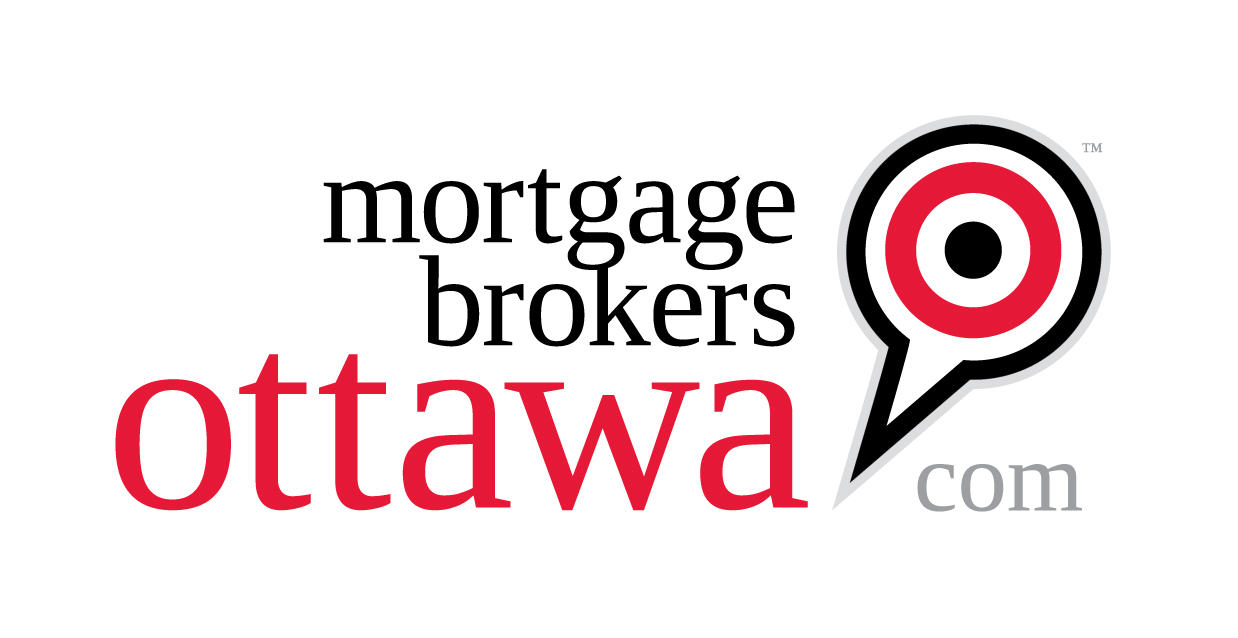Navigating Mortgage Rate Volatility in 2025
Navigating Mortgage Rate Volatility in 2025
Date Posted: February 5, 2025

The Canadian mortgage market in 2025 continues to be shaped by economic uncertainty, inflationary pressures, and shifting central bank policies. As interest rates fluctuate, homeowners and prospective buyers must stay informed to make strategic financial decisions. Understanding mortgage rate volatility and how to navigate it effectively can help mitigate financial risks and optimize mortgage affordability.
Current Mortgage Rate Trends
As of early 2025, the Bank of Canada has maintained a cautious approach to interest rate adjustments, balancing inflation control with economic growth. According to industry forecasts, rates may see a gradual decline in the latter half of the year, though short-term fluctuations remain likely. Fixed mortgage rates have varied between 5% and 6%, while variable rates remain subject to central bank policy shifts.
Factors Influencing Mortgage Rate Volatility
Several key factors contribute to ongoing fluctuations in mortgage rates:
-
Inflation Trends – If inflation slows down, the Bank of Canada may ease rates to stimulate borrowing and economic activity.
-
Global Economic Conditions – Economic instability in major global markets can lead to shifts in bond yields, affecting Canadian mortgage rates.
-
Housing Market Dynamics – Increased demand for housing can drive up interest rates as lenders adjust to market conditions.
-
Government Policy Changes – Regulatory changes or new government programs can influence borrowing costs and accessibility.
Strategies for Managing Mortgage Rate Volatility
1. Consider Rate Types Carefully
-
Fixed-Rate Mortgages: Offer stability in a volatile rate environment by locking in a set interest rate for a defined period.
-
Variable-Rate Mortgages: Often lower initially but subject to fluctuations; ideal for those comfortable with potential changes.
-
Hybrid Mortgages: A mix of fixed and variable rates to balance risk and reward.
2. Get Pre-Approved and Rate Locked
-
Securing a pre-approval with a rate lock can protect against sudden rate increases.
-
Many lenders offer rate holds for up to 120 days, ensuring stability while you shop for a home.
3. Work with a Mortgage Broker
-
Brokers provide access to multiple lenders and customized solutions tailored to your financial situation.
-
They can advise on optimal mortgage structures and refinancing opportunities based on market trends.
4. Explore Refinancing Options
-
Homeowners with higher fixed-rate mortgages may benefit from refinancing if rates decline later in 2025.
-
A mortgage professional can help calculate break-even points and determine if refinancing is cost-effective.
The Role of Mortgage Brokers in 2025
With market conditions constantly evolving, expert guidance is crucial in making informed mortgage decisions. Mortgage Brokers Ottawa helps clients navigate mortgage rate volatility by:
-
Comparing mortgage products across various lenders.
-
Identifying the most cost-effective solutions based on current and projected rate trends.
-
Advising on refinancing and home equity strategies to maximize financial flexibility.
Navigating mortgage rate volatility in 2025 requires careful planning and expert insight. By understanding market trends, exploring mortgage options, and working with a knowledgeable mortgage broker, homeowners and buyers can make informed choices that align with their financial goals. Reach out to Mortgage Brokers Ottawa today to ensure you’re prepared for whatever the market brings.
